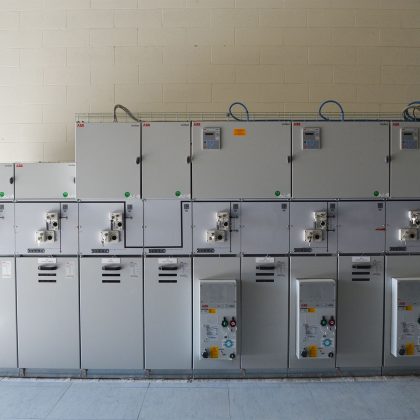In the realm of electrical cabin management, ensuring safety and reliability is paramount. Electrical cabins, often serving as hubs for crucial power distribution and control systems, require meticulous attention to routine maintenance. Neglecting this vital aspect can lead to severe consequences, including equipment failures, costly repairs, and, most importantly, safety hazards for personnel. Routine maintenance is not merely a recommendation; it is a critical practice that enhances the longevity and efficiency of electrical systems. Regular inspections allow for the early identification of potential issues, such as wear and tear on components, loose connections, or signs of overheating. By addressing these concerns before they escalate, facility managers can mitigate risks and maintain optimal operational conditions.

Moreover, routine maintenance fosters compliance with industry regulations and standards. Many electrical systems are governed by stringent codes that mandate regular checks and documentation of maintenance activities. Adhering to these requirements not only safeguards the integrity of the electrical cabin but also shields the organization from legal liabilities. Regular maintenance ensures that all systems operate within safe parameters, reducing the likelihood of accidents that could harm employees or damage property. One of the key components of routine maintenance is the testing and calibration of equipment. This process involves checking voltage levels, inspecting protective devices like circuit breakers, and ensuring that emergency systems are fully operational. Additionally, cleaning electrical components can prevent dust and debris buildup, which can lead to overheating and failure. The implementation of a systematic maintenance schedule allows teams to allocate resources efficiently and ensures that all aspects of the electrical cabin are thoroughly evaluated.
Training personnel in routine maintenance practices is also essential. Workers should be equipped with the knowledge and skills to conduct basic inspections and identify potential problems. This proactive approach fosters a culture of safety and encourages everyone to take ownership of their roles in maintaining electrical systems. Moreover, regular training sessions can update staff on the latest technologies and maintenance techniques, further enhancing the overall safety and efficiency of the electrical cabin. Routine maintenance is a non-negotiable aspect of electrical cabin management. By prioritizing regular inspections, cabina elettrica prefabbricata prezzo compliance with regulations, and personnel training, organizations can significantly reduce risks and enhance safety. A well-maintained electrical cabin not only protects valuable equipment but also ensures the safety of all personnel involved. As the saying goes, an ounce of prevention is worth a pound of cure, and in the context of electrical systems, this adage holds especially true. Investing in routine maintenance today can prevent disasters tomorrow, safeguarding both lives and assets.